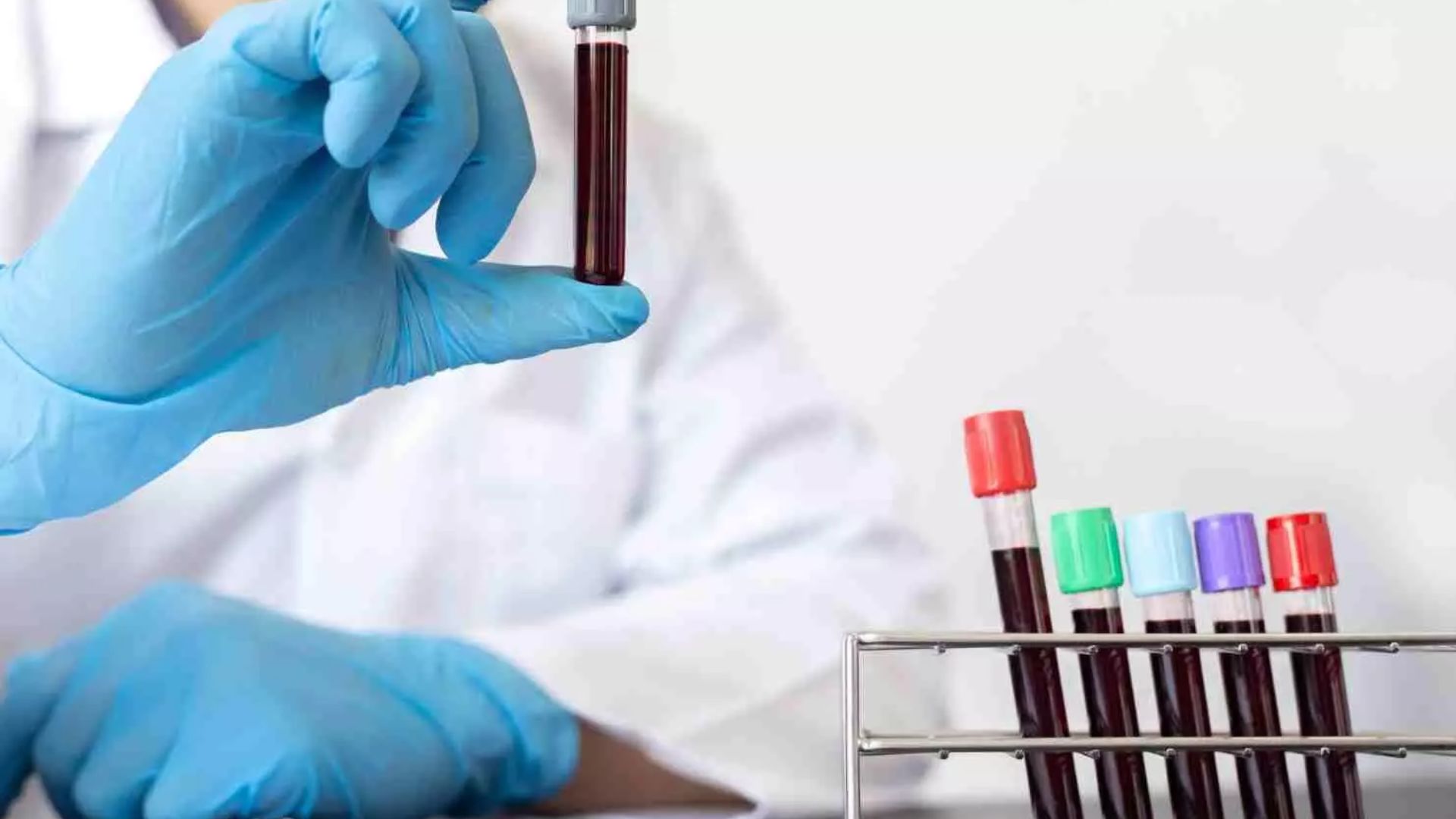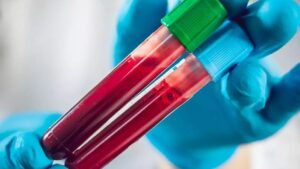A study has produced a diagnostic tool for sarcoidosis, a chronic inflammatory disease marked by the formation of microscopic lumps called granulomas in the lungs and other organs, that can be used to diagnose the condition quickly and affordably. The method, which makes use of a straightforward blood test, might make it possible to use more invasive diagnostic procedures that are frequently used to diagnose the illness selectively. The American Journal of Respiratory and Critical Care Medicine published a report on the findings.
“Currently, diagnosing sarcoidosis isn’t a straightforward process and requires tissue removal and testing with additional screenings to rule out other diseases, such as tuberculosis or lung cancer,” said James Kiley, Ph.D., director of the NIH’s Division of Lung Diseases at the National Heart, Lung, and Blood Institute (NHLBI).
“Using a blood test will help diagnose faster, particularly in those organs that are more challenging to biopsy and with less harm to the patient.”
Although the precise cause of sarcoidosis is unknown, scientists believe it to be an immune disorder brought on by a particular set of antigens, which are generally foreign substances that cause the body to mount an immune response. According to earlier studies, there are 8–11 cases of sarcoidosis per 100,000 persons in the United States each year. Scientists took blood and lung fluid samples from patients suffering from pulmonary sarcoidosis, separated the genetic material from the samples, and identified antigens to see which might be connected to sarcoidosis.
Using a combination of molecular techniques, the researchers homed in on two newly described disease-specific antigen biomarkers that only bind to the antibodies of sarcoidosis-positive patients.
They next designed a highly specific blood test, which only requires a small amount of blood, to determine if they could accurately detect sarcoidosis. To verify the test, researchers compared blood samples from 386 people, which included patients with sarcoidosis, patients with tuberculosis, patients with lung cancer and healthy individuals.
The test the researchers developed allowed them to distinguish between patients with sarcoidosis and those with other respiratory conditions. “It may become a reality in a few years, but more testing needs to be done before this screening method is ready for clinical use,” stated Samavati. Vice president for research at Wayne State University Ezemenari M. Obasi, Ph.D., said of Dr. Samavati’s significant work, “it’s an excellent example of how scientific research can have promising results that may lead to addressing major health challenges.” “I’m excited about the possible influence this research may have on the lives of sarcoidosis patients.”



















